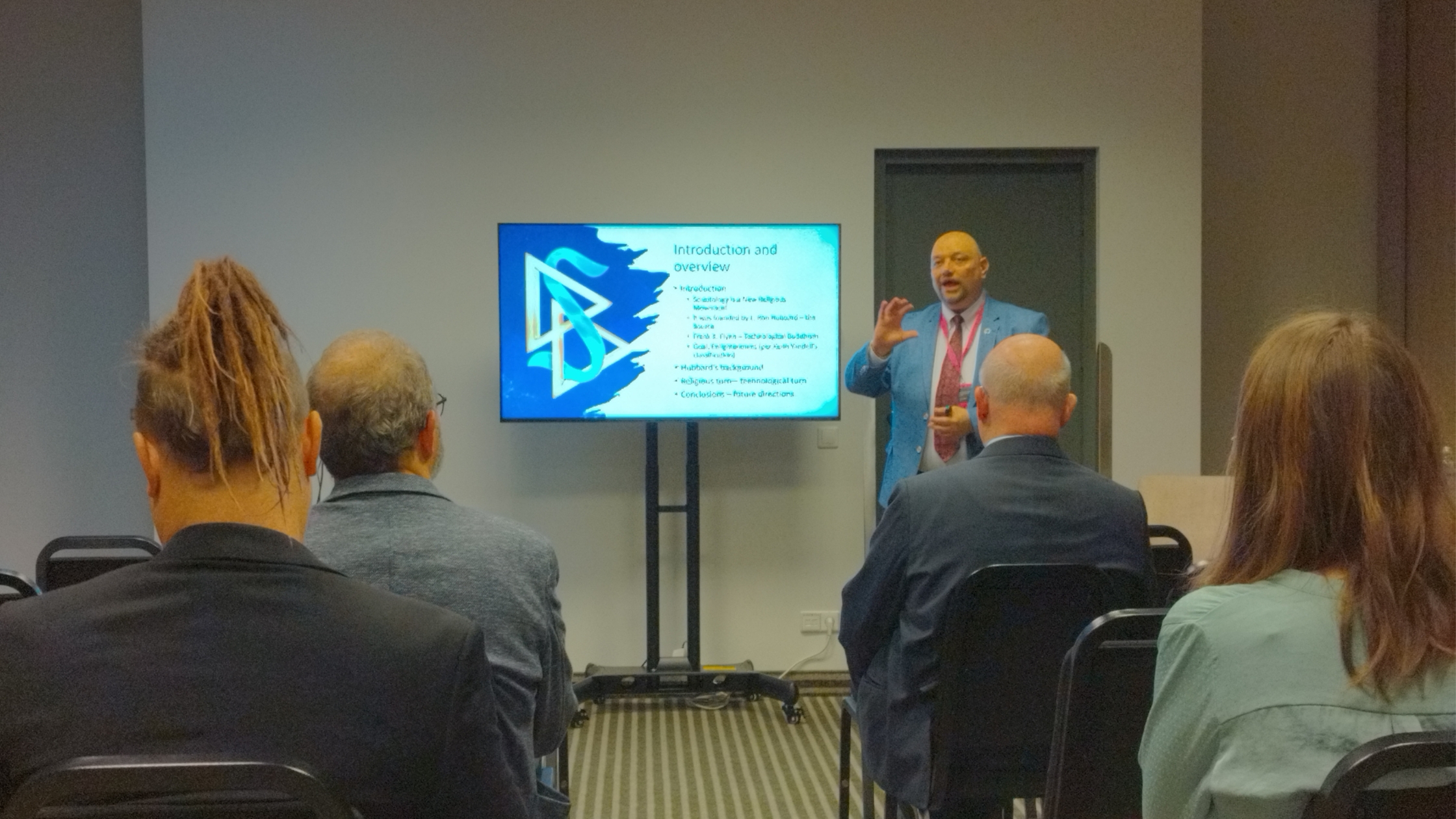The desperate situation prompted a tweet on Friday from Emergency Relief Coordinator Martin Griffiths calling for an immediate end to the fighting.
“This carnage needs to stop” said the UN relief chief.
Major escalation
In the past two weeks alone, 71 people have been killed and injured in capital Port-au-Prince, marking a major escalation, according to UN humanitarian affairs office, OCHA, which Mr. Griffiths heads.
“Entire families, including children, were executed while others were burned alive. This upsurge in violence has caused unspeakable continued suffering of Haitians,” Philippe Branchat, acting UN Humanitarian Coordinator in the country said in a news release on Thursday.
So far this year, gang violence in the Caribbean country has claimed more than 2,500 lives, with over 1,000 injured.
At least 970 Haitians have been kidnapped, and 10,000 forcibly displaced from their homes.
The latest wave of violence has also resulted in the forced displacement of over ten thousand people who have sought refuge in spontaneous camps and host families.
Brazen human rights violations
Also on Thursday, the UN Integrated Office in Haiti (BINUH) issued a report outlining the dire human rights situation there, including brutal killings and lynchings.
The report noted that frustrated by lack of security and functioning government, residents armed with machetes, rocks, and fuel cans have resorted to brutal measures to prevent gang members and anyone associated with them from entering their neighbourhoods.
Between April and June, nearly 240 alleged gang members were killed by these self-proclaimed “self-defence groups.”
“While some killings appeared to be spontaneous, others were encouraged, supported, or facilitated by high-ranking police officers and gang members belonging to the G-9 and allies,” the report said.
The report also documented horrifying instances of sexual violence, including collective rape and mutilation, perpetrated by gangs to spread fear, punish rivals, and target women and girls under their territorial control.
BINUH expressed concern about the forced recruitment of children by gangs and the severe mental and psychological toll the violence is exacting on the population.
The office reiterated its call to the international community to deploy a specialized international force to address the crisis.
Massive humanitarian needs
According OCHA, nearly half of Haiti’s population needs humanitarian and food assistance.
Despite access challenges due to insecurity, humanitarian partners are reaching the displaced people with immediate aid such as food, water, shelter, sanitation, health, and psychosocial support, particularly for victims of sexual violence.
“The people in Haiti cannot continue to live trapped in their homes, unable to feed their families, find work and live in dignity,” OCHA said.
The relief agency added that humanitarians are committed to stand with the people in Haiti and assist in providing immediate assistance to alleviate human suffering.














